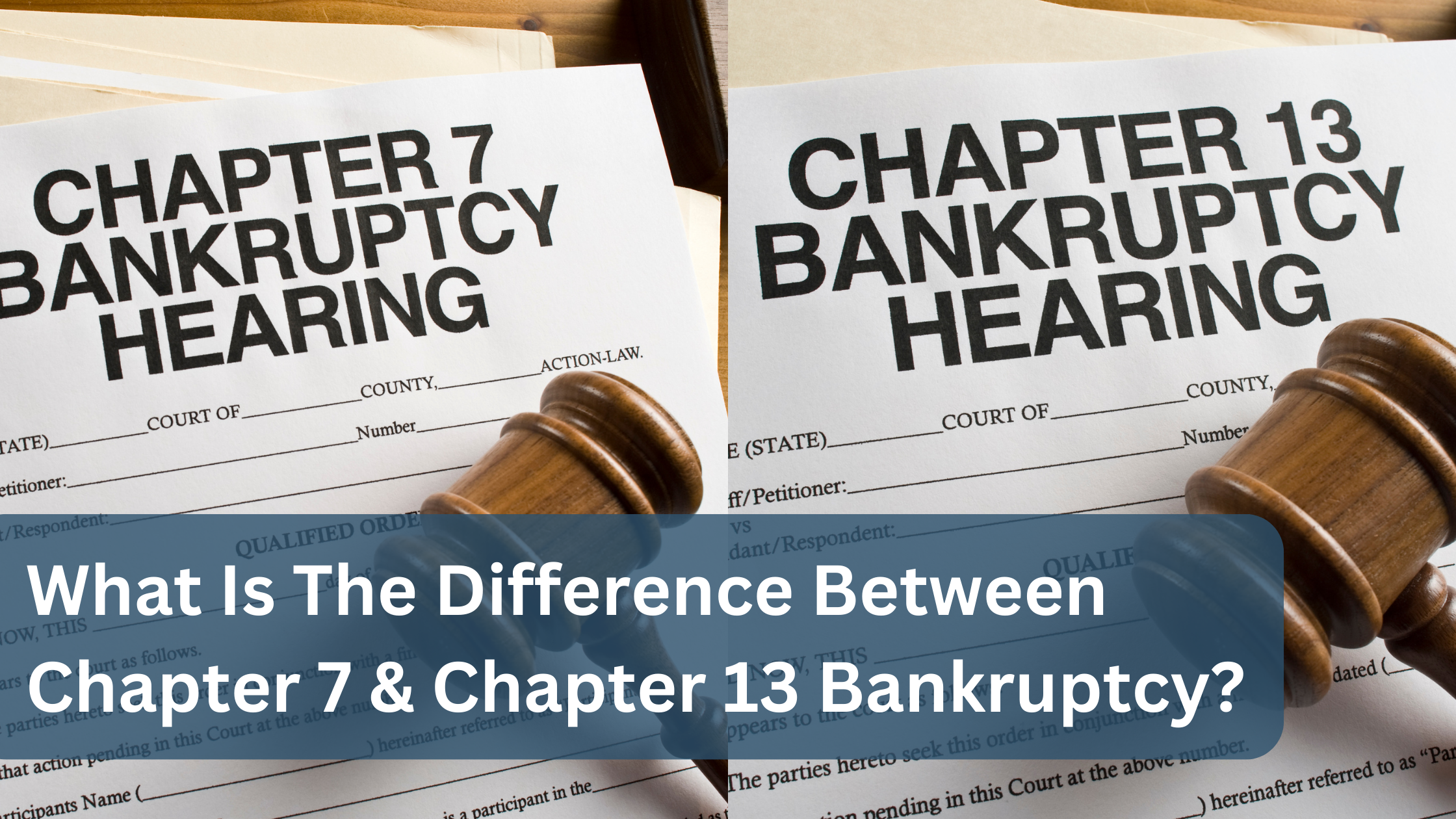
With nearly 20 years of experience, Michael A. Fakhoury, ESQ., PC has represented clients in bankruptcy cases the key difference between chapter 7 and chapter 13. Filing for bankruptcy can be stressful and confusing. Knowing what the process looks like, as well as what benefits each type of bankruptcy provides, can help you make informed decisions from start to finish.
Here Are the Main Difference Between Chapter 7 and Chapter 13 Bankruptcy:
To begin with, it’s important that you understand the key difference between Chapter 7 and Chapter 13 bankruptcy, and how to determine which is best for you. In general, the primary difference difference between chapter 7 and chapter 13 are: How they handle payment of debts, and eligibility requirements.
How Chapter 7 Handles Your Debts
Chapter 7 liquidates your assets to pay debts, and also discharges certain debts. Chapter 7 bankruptcy is also called “liquidation bankruptcy.” However, the state of New York places restrictions on the types of assets that can be liquidated during the process. This means, while many of your assets will be liquidated to pay creditors, your home, car, personal property, and furniture may be exempt. Certain assets and property may still be subject to liens.
Chapter 7 basically is the process of gathering and selling the debtor’s assets to pay creditors. This means you may suffer the loss of some of your property and assets in order to pay off certain debts. However, you can also discharge certain unsecured debts, including credit card bills, student loan debts, and medical bills. Chapter 7 tries to give honest debtors a “fresh start” by discharging debts and paying off other debts.
Who Is Eligible for Chapter 7 Bankruptcy?
Individuals and business entities are eligible for Chapter 7. Individuals, corporations, partnerships, and other business entities are able to file for Chapter 7 bankruptcy. In order to qualify, you must prove that you have received credit counseling from an approved agency within 180 prior to filing, unless there is no adequate agency nearby or the situation is deemed an emergency. Furthermore, Chapter 7 is not dependent the amount of your debts or whether they are solvent or insolvent.
To learn more about Chapter 7 Bankruptcy, click here.
How Chapter 13 Handles Your Debts
Chapter 13 uses a repayment plan to pay off debts. Chapter 13 works by requiring the debtor to create a repayment plan to pay off debts. It allows debtors to avoid foreclosure on their homes, and it even cures delinquent mortgage payments. It also allows debtors to reschedule secured debts, which may lower current payments. In addition, Chapter 13 payments are made to a trustee, who then pays the creditors. This means you will not have to interact directly with creditors.
Who Is Eligible for Chapter 13 Bankruptcy?
Individuals, but not businesses, are eligible for Chapter 13. Individuals, even if self-employed or running an unincorporated business, may file for Chapter 13. However, the amount of their secured debts must be less than $1,184,200, and the value of their unsecured debts must be less than $394,725. Unlike Chapter 7 bankruptcy, business partnerships or corporations are not eligible to file for Chapter 13.
If you would like to learn more about Chapter 13 bankruptcy, click here.
Call Our Fishkill Bankruptcy Firm Today at (845) 896-5200.
Understanding your bankruptcy options can allow you to be prepared for what lies ahead. At Michael A. Fakhoury, ESQ., PC, we have guided hundreds of clients to successful solutions in bankruptcy cases. We are passionate about helping clients navigate the complicated legal system regarding bankruptcy, and our firm can provide knowledgeable legal assistance as you seek a beneficial outcome.
Difference between chapter 7 and chapter 13, while Chapter 7 focuses on liquidating assets and discharging debts for a fresh start, Chapter 13 focuses on creating a workable repayment plan to pay off debts and increase financial stability. Our Fishkill bankruptcy lawyer is passionate about providing excellent, personal services to client facing bankruptcy, and we can answer your questions and discuss your options.
Contact us today for a free consultation.


